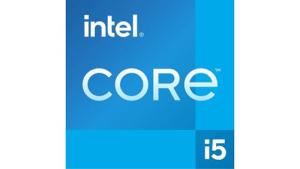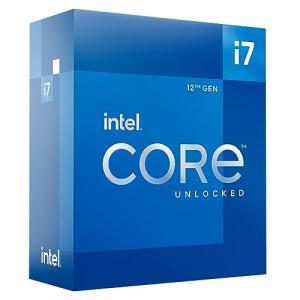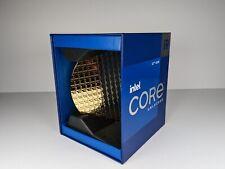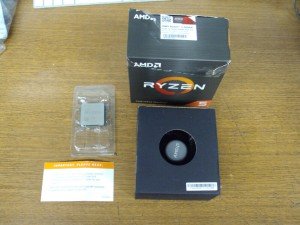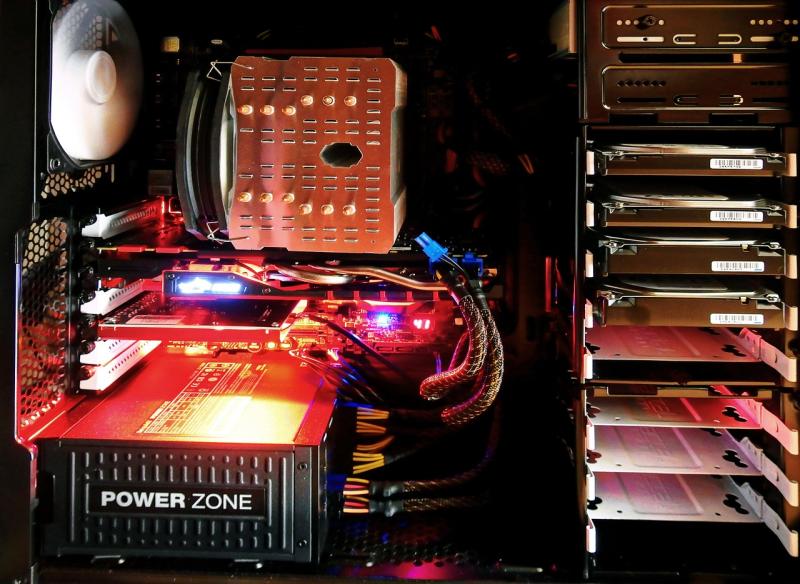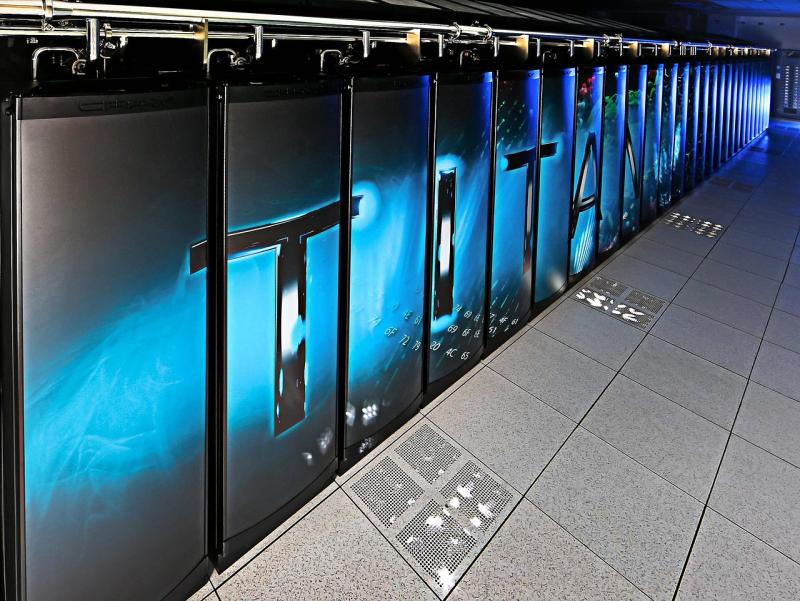**Introduction**
Field‑Programmable Gate Arrays (FPGAs) are rapidly emerging as powerful accelerators for edge computing, enabling high‑performance data processing right at the source. By offloading specific tasks to these reprogrammable chips, PC systems can drastically reduce latency and increase energy efficiency. This article examines the role of FPGA accelerators in enhancing real‑time data processing on the edge and discusses their impact on AI, IoT, and high‑speed analytics.
**Technological Innovations**
- **Reprogrammable Logic Fabric:**
FPGAs provide configurable logic elements that can be tailored to accelerate specific workloads, from image processing to machine learning.
- **Parallel Processing Capabilities:**
Designed for concurrent operations, FPGAs are ideal for handling multiple data streams simultaneously, reducing processing times.
- **Seamless Integration with Edge Networks:**
Advanced FPGAs support standardized interfaces (PCI‑Express, Ethernet) and can be easily integrated into edge devices, ensuring that data processing remains close to the source.
- **Low‑Power, High‑Efficiency Designs:**
Optimized FPGA architectures deliver significant performance gains while maintaining low power consumption, essential for battery‑dependent or remote edge applications.
**Applications and Benefits**
- **Real‑Time Analytics:**
FPGAs enable near‑instantaneous processing of data, improving performance for IoT and real‑time monitoring applications.
- **Accelerated AI Inference:**
By handling specific machine learning tasks at the edge, FPGAs reduce latency in AI‑inference and decision‑making processes.
- **Improved System Efficiency:**
Offloading intensive tasks allows the primary processor to focus on general‑purpose computing, enhancing overall system performance.
- **Scalable Edge Solutions:**
FPGA accelerators are highly adaptable, making them a cost‑effective solution for scalable, distributed computing systems.
**Future Directions**
Continued developments in FPGA design will focus on increasing logic density, further reducing power consumption, and enhancing ease‑of‑use through improved development frameworks. Greater integration with AI and cloud services could provide a seamless hybrid edge environment with real‑time data analytics and proactive system optimization.
**Keywords:** FPGA accelerator, edge computing, real‑time processing, parallel processing, low‑power FPGA, machine learning acceleration, IoT edge, high‑speed analytics, reprogrammable logic
FPGA Accelerators for Edge Computing
Transforming Real‑Time Data Processing
Related Articles
Essential High-Performance PC Components You Need Now
Upgrade your setup with the must-have parts for unbeatable gaming and productivity
Top Picks for Best High-Performance PCs
Find the perfect power machine for gaming, work, or creative projects
Your Guide to the Best High-Performance PCs
Find the Right PC for Your Gaming and Creative Needs
View our related products
See more